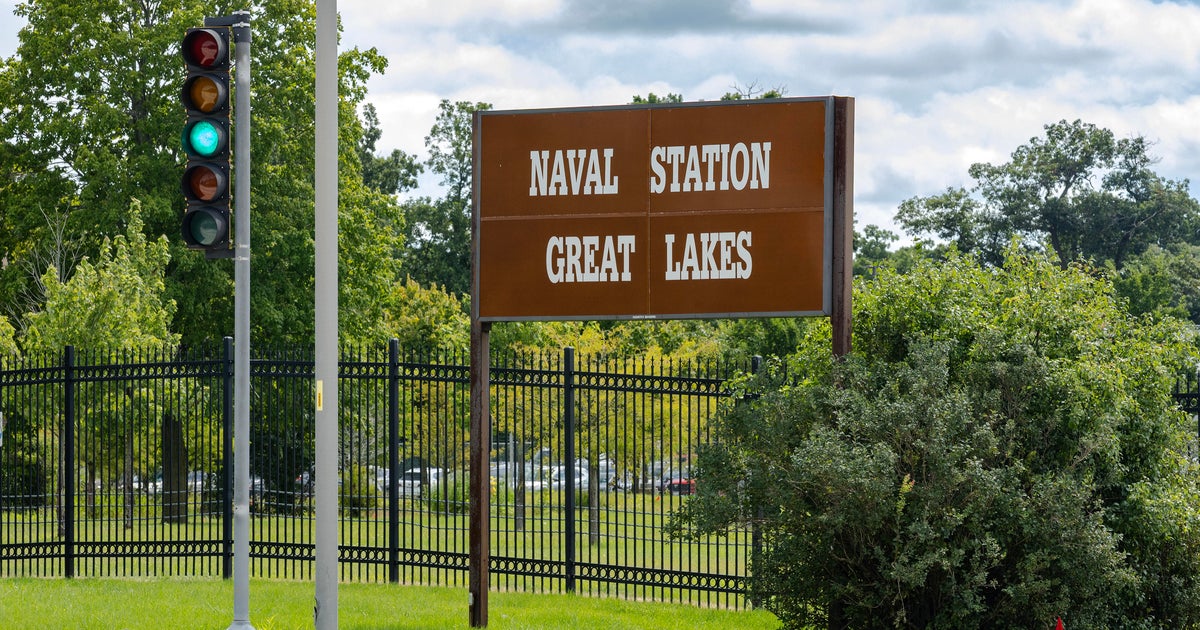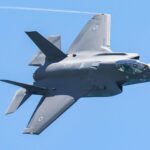In an unprecedented move that further escalates the ongoing national debate on immigration policy, the U.S. Department of Homeland Security (DHS) has sought the Pentagon’s aid to station approximately 250 federal agents and 140 vehicles at Naval Station Great Lakes in Illinois. This request comes in light of anticipated increased immigration enforcement activities around the Chicago area.
Naval Station Great Lakes, recognized as the largest military base in Illinois and the most substantial training station for the Navy, is set to serve as the core operational hub from which federal agents will coordinate their efforts. The envisioned setup includes utilizing the site’s strategic infrastructure as a command post and tactical operations center. According to internal communications obtained by CBS News, the logistical placement of the base near a major highway is deemed essential for operational success, facilitating quick and efficient deployment of personnel and resources throughout the metropolitan Chicago.
Alongside the housing needs, DHS’s internal memo highlighted additional necessities such as space for the storage of medical supplies and less-lethal munitions, indicating a comprehensive preparation for a range of scenarios during the immigration raids. These preparations commenced shortly after the request for support was officially lodged with the Department of Defense last week, with personnel and equipment already beginning to arrive at the naval base.
This aggressive push forms part of a broader national strategy under President Trump’s administration to combat illegal immigration. Comparable enforcement campaigns have been launched in other major cities, including Los Angeles earlier this year, where operations sparked significant public outcry and protests. According to officials, the enforcement actions in Chicago were scheduled to commence as soon as Friday following the memo’s issue.
The specifics of where the Chicago immigration sweeps will be conducted remain unclear, but the campaign will be led predominantly by agents from Immigration and Customs Enforcement (ICE) and Customs and Border Protection (CBP). The latter played a pivotal role in conducting similar sweeps in Los Angeles, where agents were deployed to raid high-traffic areas such as Home Depot parking lots and other key locations likely to engage a considerable number of undocumented immigrants.
The DHS assured its commitment to tracing criminal illegal aliens actively, stating that in cities like Chicago and Boston, any location could become a focal point for their operations. “Under President Trump and Secretary Noem, nowhere is a safe haven for criminal illegal aliens,” the agency declared. It emphasized a staunch position on immediately deporting those found in violation of U.S. laws, reinforcing the administration’s stringent stance on illegal immigration.
Despite the clarity from DHS, the Department of Defense has yet to comment on the use of its facilities and resources in this civilian law enforcement capacity. Historically, the utilization of military assets in immigration enforcement was relatively restrained and typically focused on logistical support along U.S.-Mexico border territories. However, the Trump administration’s broad and robust approach encompasses deploying additional troops along the southern border, converting military installations into detention facilities, and using military aircraft for deportation purposes.
Recent months have also seen direct military intervention in cities beyond border areas. For instance, President Trump ordered significant National Guard and U.S. Marine presence in Los Angeles to safeguard federal buildings during the intense protests against immigration raids. Still, this deployment faced legal challenges and was declared unlawful by a federal judge, citing a breach of laws restricting military involvement in civilian policing.
Further complicating matters, the use of National Guard soldiers in Washington, D.C., to address crime and support immigration crackdowns sparked additional legal controversies. The deployment, part of a broader strategy embraced by several Republican-led states, has prompted lawsuits concerning the legality and scope of such military use in civilian law enforcement roles.
As tensions simmer and the political landscape continues to wrestle with the implications of these policies, the focus remains sharply on how these enforced measures will affect communities, the legal landscape, and the ongoing discourse on immigration policy in the United States. The situation unfolds under the watchful eyes of a nation deeply divided on the issue, and the world at large, as it grapples with the complex interplay of security, humanitarian concerns, and the fundamental principles of justice and equity.









